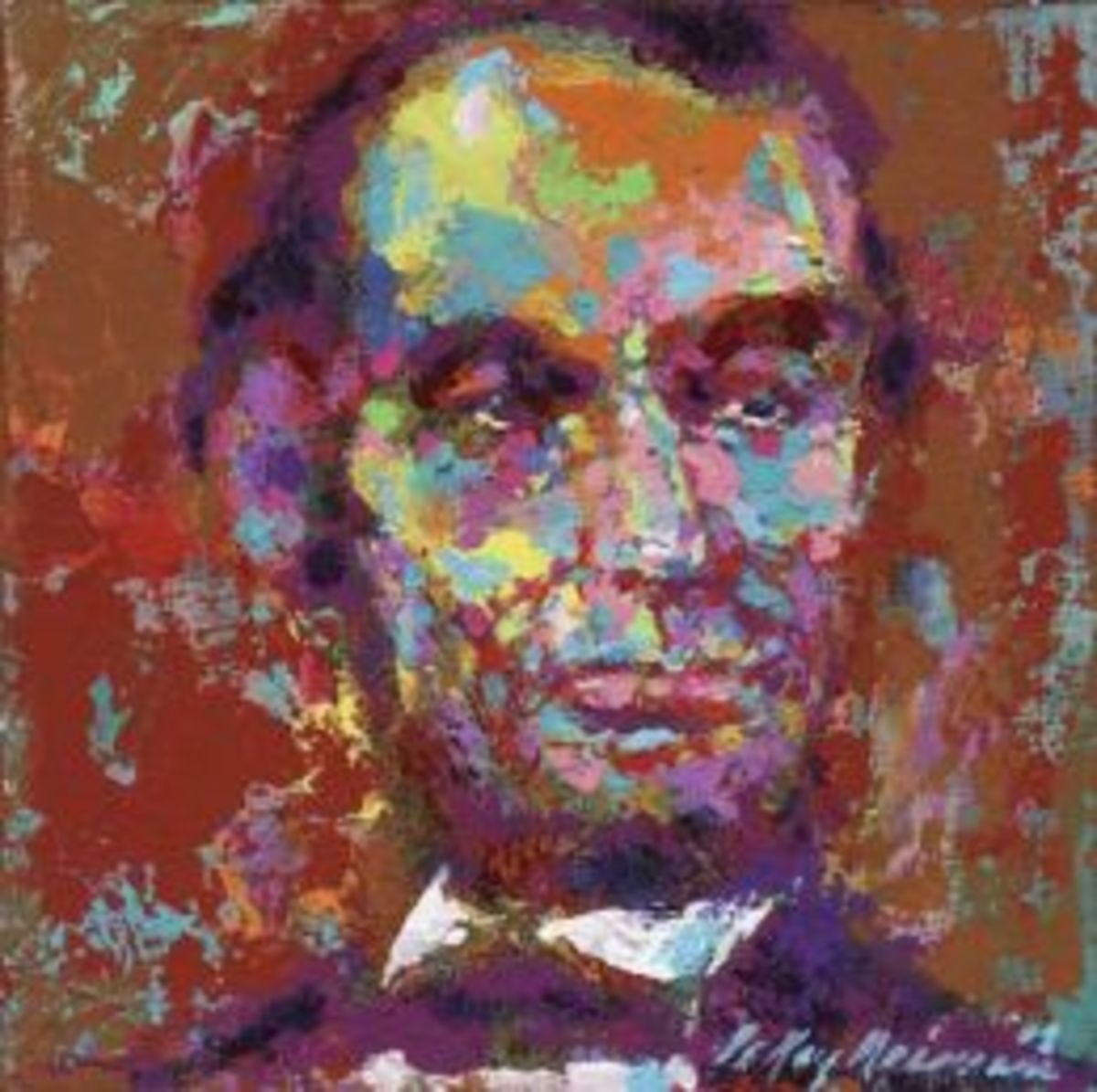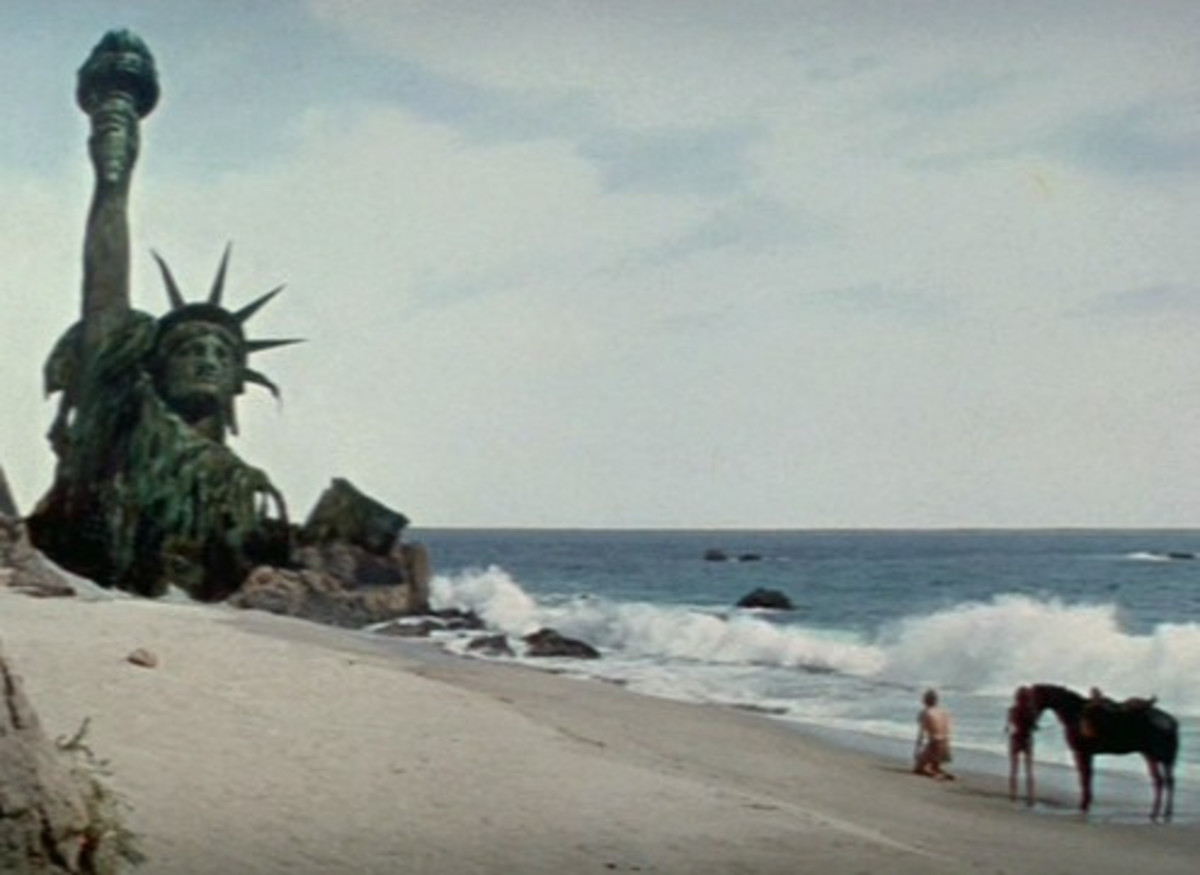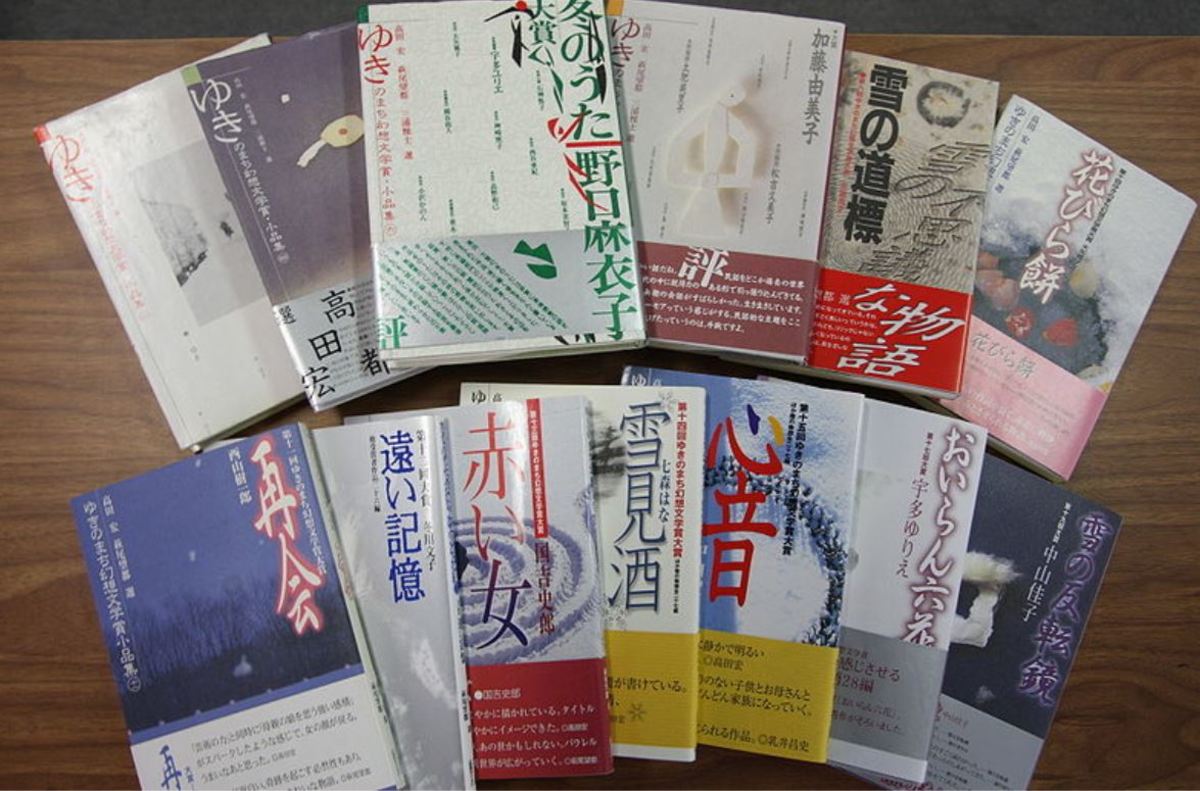I Thought My Soul Would Rise and Fly-a Book Review
The Diary of a Freed Girl
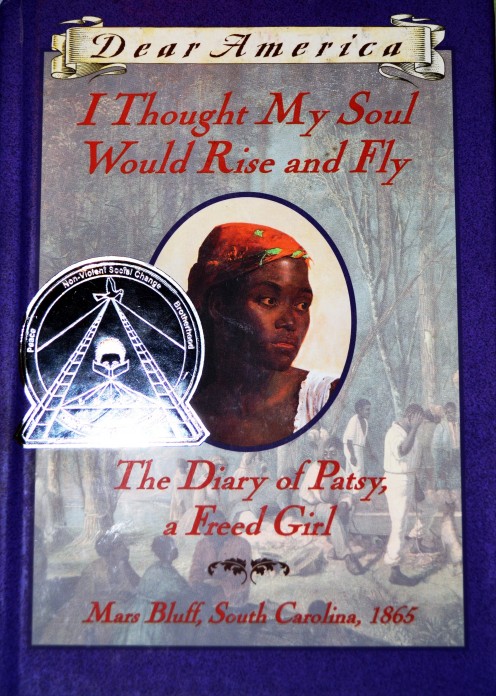
Constitution of the United States of America, Thirteenth Amendment 1865
Section1. Neither slavery nor involuntary servitude, except as a punishment for crime whereof the party shall have been duly convicted, shall exist within the United States, or any place subject to their jurisdiction.
This book is in the Dear America series which explores lives of young people going through the upheaval of coming to the New World, the Revolutionary War and ot
The author was writing about the Reconstruction when she happened upon the diary of a real woman named Emma Holmes who lived in the years of the Civil War. She mentioned in May 1865 a young freed girl who was described as “lame, solitary, very dull, slow, timid, and friendless.” That sad profile touched the heart of Ms. Hanson who imagined the entire why’s and wherefore’s of this girl’s life. Why was she viewed this way? Was she perhaps suffering a disability or challenge? From this, Patsy was born and brought to life.
This is one of the most inspiring books ever written. The details are mind from actual oral histories, narratives, journals and diaries of real people who lived and survived these terrible times. One continually forgets this book is fiction because of the intimate recounting of the people therein. It is written journal style by a young slave girl named Patsy. She has lived on the Davis plantation in South Carolina most all her life. Her earliest memory is of work and service to Sir and Ma’am, her owners. The story takes place in 1865 at the time of emancipation of all slaves. However many have no idea what that means and those who are aware have little choice but to remain where they are and to continue working from dawn to dusk.
Patsy suffers from a stuttering issue and is considered stupid and dull witted by the white folk in The House where she works as an assistant to the cook. She seldom speaks but listens to everything being said around her. She also is a servant to the young white boy and girl who live there, relations of the owners. During play time they pretend to teach Patsy reading and writing. Unknown to them she is very bright and easily learns to read but must hide this awesome gift. At the time it as illegal for a slave to read and write and was punishable by a court of law.
As she works in the house, Patsy falls in love with books in the library and pretends to dust and clean just so she can read her favorite children’s book. She secrets newspaper pages, removed as trash once Sir has finished them, hides them under her pallet and reads them as practice in her infrequent free time. The oldest slaves pass along folk tales from when they were living free in Africa and had wings that allowed them to fly and Patsy imagines a day when she can fly away from the burdens keeping her from her only passion. She wishes to read in public and not hide her ability.
But the Emancipation is bringing big changes and Patsy is left bereft and unable to expand her knowledge of words. Then the youngsters leave and are unable to take all of their belongings. As a joke they give the former slave a diary, pen and ink and order her to write all of her “beautiful thoughts” in it. They laugh to think a dunce like Patsy could ever conquer such a feat meant only for white people.
However Patsy excels and improves as she records her life in the diary each day. She knows it is her outlet to a miserable existence and each entry begins, “Friend.” As she records the painful and historic happenings Patsy begins to see a faint opportunity for true freedom. Ex slaves are leaving the plantation in droves for life as freed men and women.
Ma’am’s favorite house girl is Nancy who came there as a tiny toddler. She is coddled by the Mistress who has no children of her own, but is often “spanked” for failing in her duties. Patsy cannot stand the snooty girl who thinks she is better than others.
When Nancy’s real mother appears to claim her daughter Nancy refuses her. Patsy watches longingly, hoping somewhere her family is searching for her. All of this is recorded daily in the diary which must be kept hidden. Nancy’s mother refuses to leave and stations herself at the gates until she is assisted by others who offer advice. She seeks justice through the court system which is still favorable toward whites. Will her teenaged daughter be returned to her care or will she remain a ward of her white former master and mistress?
People leave the fields, house and yards one by one looking for a better life and Patsy is left alone more and more as her mentors and friends depart for parts unknown and unimagined by any but their own desperation to live free and to fly. When the only person who brings information and awareness of the new life awaiting freed people is attacked and beaten, the Davis plantation slaves wonder if they can ever become self supporting and independent. Indeed, they still wonder if freedom is real or only a dream that can never come true.
Patsy defies orders to attend church where the minister forces blacks, even though emancipated, to repeat catechism confessing their laziness and wicked heart. He reminds them to obey their masters even though freedom has been declared for all of the slaves. She knows this is wrong and seeks a God who matches up with the one in the Bible. At the black church (held outside in an arbor) Patsy hears a song called Free At Last and feels like her soul will rise and fly.
This is a life changing experience for Patsy who has experienced love for the first time in her life.
Washing Clothes
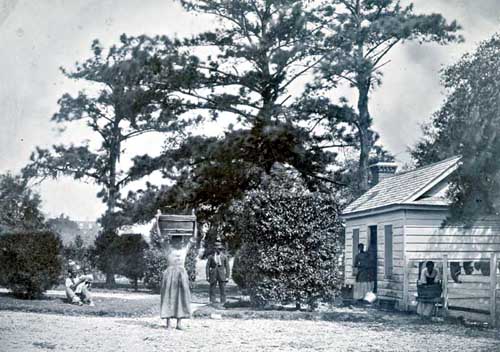
Patsy's Faithful "Friend"
All of these experiences and awakenings are recorded faithfully each evening in “Friend” though Patsy’s hands are raw and bleeding from washing clothing for the white folks and from carrying wood to cook their food. Then her secret comes out and everyone realizes she can read and write. As she teaches the black children by drawing the alphabet in the dirt with sticks, her self confidence grows.
Then Patsy is chosen to read a newspaper to the other ex-slaves. It is called the Colored American and informs them of their new rights as free citizens. They all receive new awareness of the life that awaits them if they have courage enough to grasp it. Patsy also uses a Freedman’s Reader that a traveler brought and local newspapers smuggled from the fire bin after the white people have read them. She sees advertisements posted by desperate people seeking loved ones who were sold away or taken by an owner who moved elsewhere. Will anyone ever look for Patsy? Is anyone even out there missing her and wondering about her?
Through it all Patsy searches for a new name, one that will allow her to be strong, bold and brave. Finally she chooses a name related to her circumstances and love of the written word. But will she ever know what it really means to be free? She has no money or contacts outside the invisible walls surrounding the plantation. She does have intelligence and a newly discovered faith in herself and knows she is worthy and loved.
The Hands of a Slave
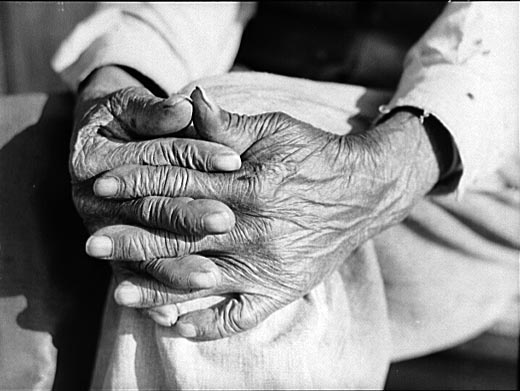
Appropriate for all ages.
This book is classified as a book for Young People however is perfect reading for anyone from middle grade children to older adults. It has received the Coretta Scott King award for inspirational and outstanding contributions that promote understanding and appreciation of diverse cultures and peoples. After reading this extraordinary diary, one will indeed feel their soul rise up and fly, unrestrained and full of joy.
Plantation Slaves
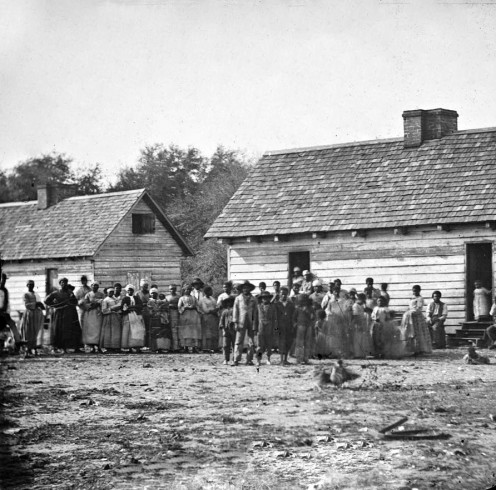
Other books in the Dear America series include:
- A Journey to the New World, The Diary of Remember Patience Whipple by Kathryn Lasky
- The Winter of Red Snow, The Revolutionary War Diary of Abigail Jane Stewart by Kristiana Gregory
- When Will This Cruel War Be Over? The Civil War Diary of Emma Simpson by Barry Denenberg
- A Picture of Freedom, The Diary of Clotee, a Slave Girl by Patricia C. McKissack
- Across the Wide and Lonesome Prairie, The Oregon Trail Diary of Hattie Campbell by Kristiana Gregory
- So Far From Home, The Diary of Mary Driscoll, an Irish Mill Girl by Barry Denenberg
Constitution of the United States of America, The Fifteenth Amendment (1870)
Section 1. The right of citizens of the United States shall not be denied or abridged by the United States or by any state on account of race, color, or previous condition of servitude.

